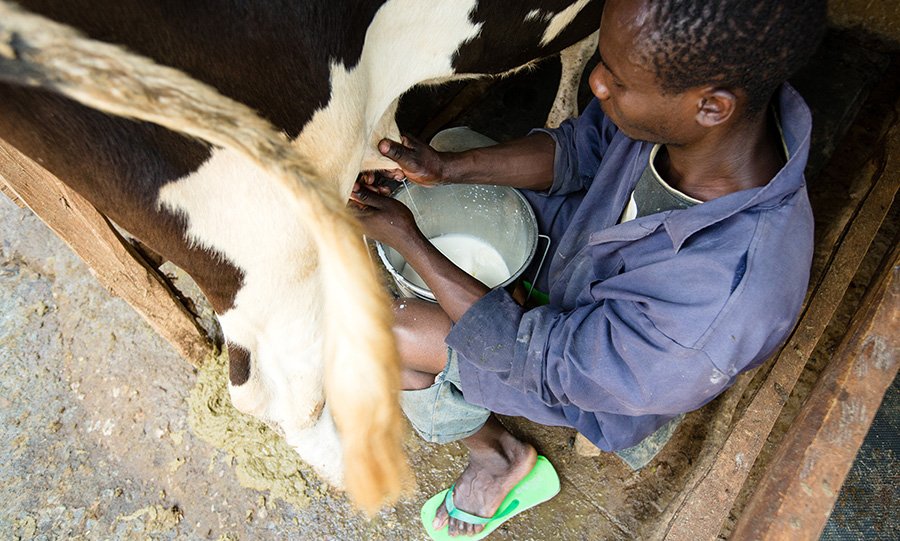Originally posted on Nuru Social Enterprises.
Nuru Social Enterprises made a decision in August 2015 to not invest in Ethiopia. It was a tough call given that we have spent two years in Ethiopia researching and planning for investment with a team on the ground. But we’re extremely comfortable with our decision due to two undeniable factors: 1) the Ethiopian business environment is not especially conducive to Nuru as a foreign investor; and 2) as we expand to a third country, which will be a fragile state, on Nuru’s non-profit side, Nuru Social Enterprises would enter a neighboring country and thus needs to move to a regional (not country specific) sustainability model, commencing with our expansion beyond Kenya.
It is the second factor I’d like to focus on, since the first is more of a personal company decision. If one has the means to invest significantly, expertise in certain industries, and the ability to form strong partnerships with local businesses, Ethiopia could very well be a success story. But it is the second point for Nuru that bears explaining since while it may seem like a fundamental shift in our strategy, it is really that we’ve decided that now is the time to test our assumptions and pilot our regional sustainability model before rolling it out fully. The timing is ideal because we have two thriving businesses (poultry and dairy) to build on, easy access to neighboring countries and markets to pilot in given our location, and a team we can depend on to vet our plan.
That’s the “how” of our plan to build on our market research and financial models, but I’d like to explain the “why” as well. Why are we moving to a regional sustainability strategy rather than continuing with a country specific strategy? And, if we’re moving away from a country specific model, then why focus on an East African regional strategy rather than building a profitable US-based Nuru Social Enterprises which remits profit to East Africa?
Regional sustainability, also known as financial self-sustainability, means creating access to markets through value chains across the region, sharing resources, and creating job opportunities. It means investing in the region and enabling local communities to learn and evolve as business people, instead of continually sending funds from the US. Additionally, a country specific strategy limits our import and export options and our ability to expand successful businesses. If poultry and dairy are thriving in Kenya, it would make sense to grow these businesses instead of looking for partners in completely different industries in Ethiopia. We’ve learned that we’re great at incubating businesses, creating access to markets, and at distribution. So it makes sense to tailor our strategy to our strengths and to reaching profitability as quickly and efficiently as possible.
At Nuru, we’re quick to admit our failures. One of our mottos is “fail fast, learn fast”. I’d be the first to admit it if I thought we failed by not investing in Ethiopia. But in reality, it’s quite the opposite—the decision to not invest in Ethiopia is a win for us. It shows that the robust plan we developed for testing our assumptions before launching at full scale (as we have done in the past) worked. It means that we were able to explore an opportunity at minimal cost and risk and that we’re taking care of our people as we gather our information and make decisions. I’m excited at what our shift in focus means—an opportunity to expand already successful businesses, to offer our team new ways to learn and contribute, and most importantly, to support the NGO side in the best way we know how—by reaching profitability and scale throughout the region. I can’t wait to get started.


